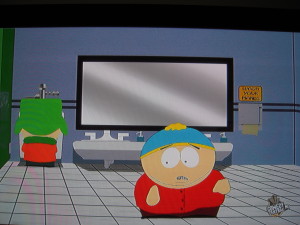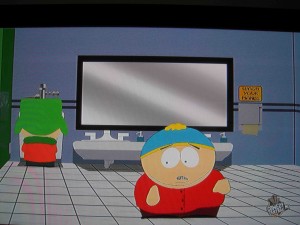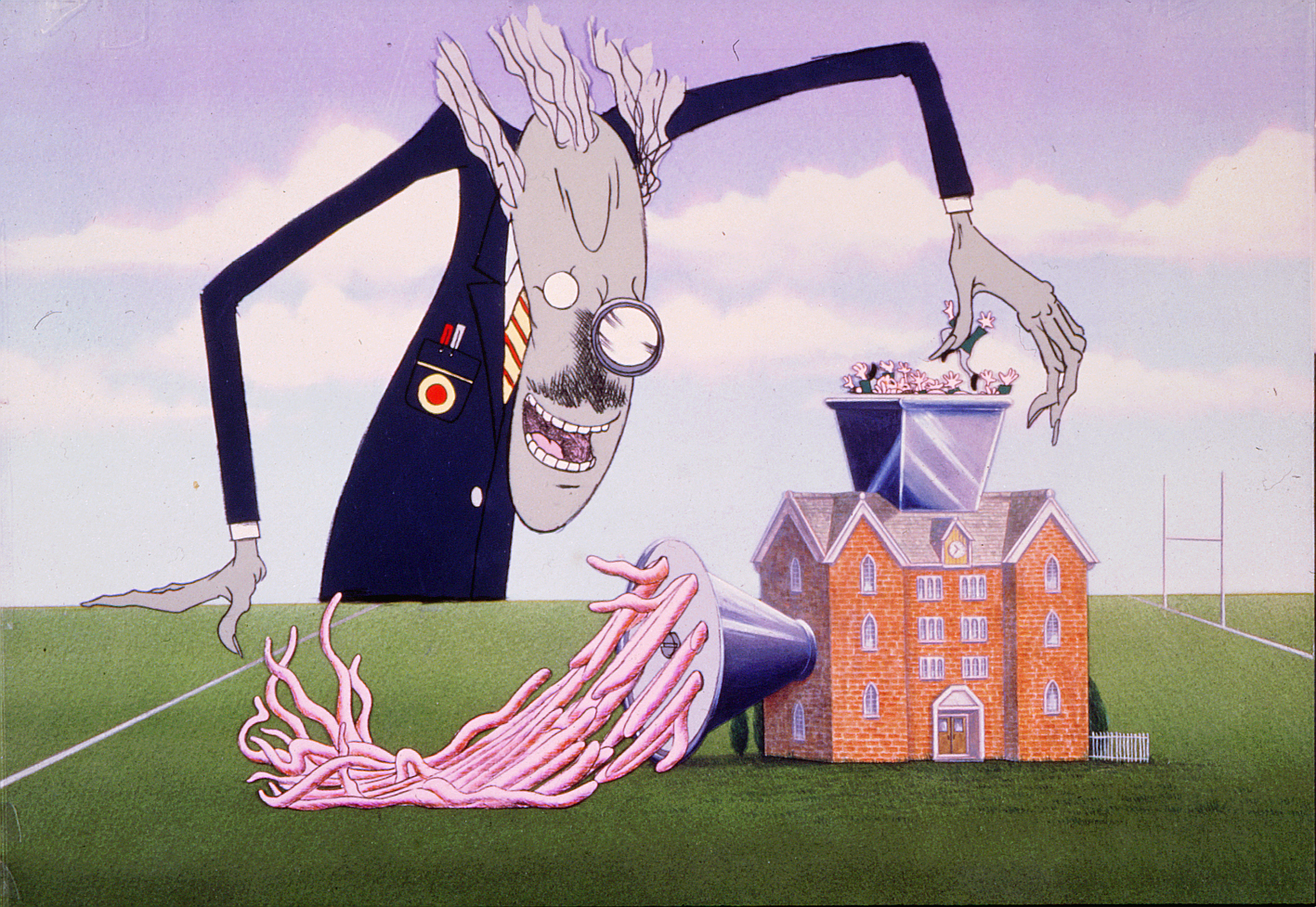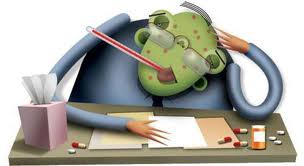 We installed 130 electronic hand hygiene counting devices in our redesigned outpatient department. We remotely monitored physicians’ hand hygiene practices during outpatient examinations and calculated the adherence rate as follows: number of hand hygiene counts divided by the number of outpatients examined multiplied by 100. Physician individual adherence rates were also classified into 4 categories.
We installed 130 electronic hand hygiene counting devices in our redesigned outpatient department. We remotely monitored physicians’ hand hygiene practices during outpatient examinations and calculated the adherence rate as follows: number of hand hygiene counts divided by the number of outpatients examined multiplied by 100. Physician individual adherence rates were also classified into 4 categories.
Results
Two hundred and eighty physicians from 28 clinical departments were monitored for 3 months. The overall hand hygiene adherence rate was 10.7% at baseline, which improved significantly after feedback to 18.2% in the third month. Of the clinical departments, 78.6% demonstrated significant improvement in hand hygiene compliance. The change in the percentage of physicians in each category before and after feedback were as follows: very low (84.3% to 72.1%), low (8.6% to 14.3%), moderate (2.9% to 8.9%), and high (4.3% to 4.6%), from the first to third month, respectively. Based on category assessment, 17.1% of physicians were classified as responders.
Conclusions
Physicians’ adherence to hand hygiene practices during outpatient examinations was successfully monitored remotely using electronic counting devices. Audit and feedback of adherence data may have a positive impact on physicians’ hand hygiene compliance.
Utility of electronic hand hygiene counting devices for measuring physicians’ handwashing
American Journal of Infection Control, DOI: http://dx.doi.org/10.1016/j.ajic.2016.08.002
A Arai, M Tanabe, A Nakamura, D Yamasaki, Y Muraki, T Kaneko, A Kadowaki, M Ito
http://www.sciencedirect.com/science/article/pii/S0196655316307532





.jpg) nursing, confirmed 42 per cent of doctors and consultants had failed to ensure their hands were cleaned properly.
nursing, confirmed 42 per cent of doctors and consultants had failed to ensure their hands were cleaned properly. workers – like t
workers – like t Accreditation Council for Graduate Medical Education. The response rate was high; the hospitals were not identified.
Accreditation Council for Graduate Medical Education. The response rate was high; the hospitals were not identified..jpg) The South Wales Echo is reporting today
The South Wales Echo is reporting today Dave’s descriptor was insightful, to the point and accurate; or just really dull, I’m never quite sure which. I’m reminded of such adjectives when I find myself saying any approach to modifying food safety behavior requires a mixture of carrots and sticks.
Dave’s descriptor was insightful, to the point and accurate; or just really dull, I’m never quite sure which. I’m reminded of such adjectives when I find myself saying any approach to modifying food safety behavior requires a mixture of carrots and sticks..jpg)